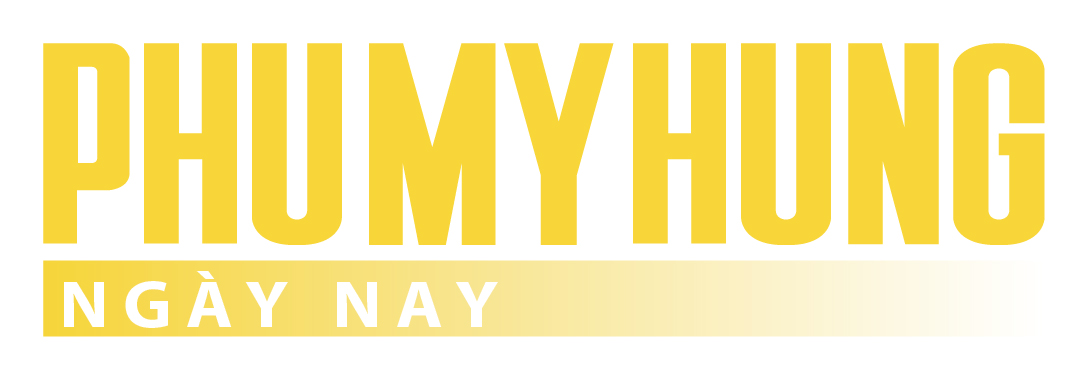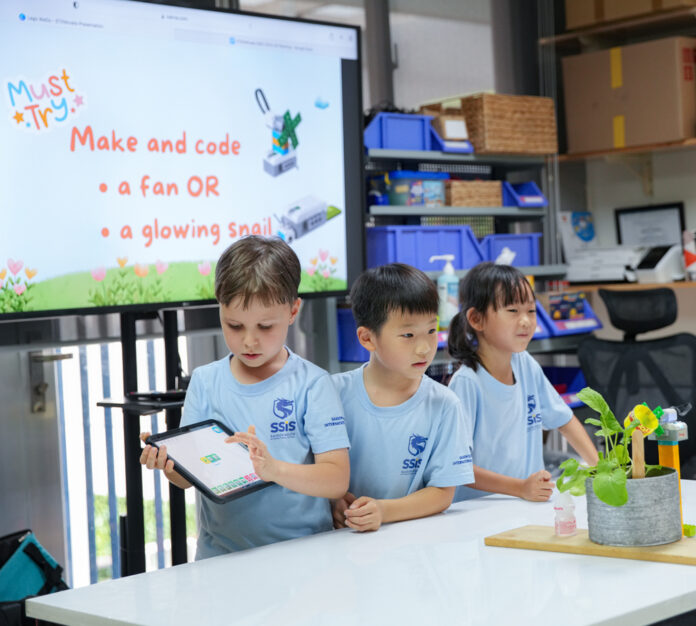Artificial intelligence is reshaping the world faster than many expected. In schools, workplaces, and everyday life, the pace of change can feel overwhelming. For educators, the challenge is not just keeping up but knowing how to respond.
At Saigon South International School (SSIS), the response has been steady and deliberate. Rather than rushing to adopt each new tool, the school has focused on building a values-based approach, one that equips students to use AI wisely and gives teachers the guidance to lead with confidence.

In the 2023 – 2024 academic year, SSIS launched a schoolwide AI strategy spanning Early Childhood through Grade 12. It began with two key aims: to create a cross-functional AI Council and to adopt an Ethical Use Policy. Both were designed to ensure that AI is implemented responsibly, transparently, and in alignment with the school’s mission.
“AI is not just about what tools are used—it’s about how they are applied to deepen learning, empower teachers, and build student capacity,” says Don McNamee, Director of Educational Technology. The focus remains on building ethical and functional AI literacy in students, while also helping teachers simplify workflows so they can focus on what matters most: relationships, curiosity, and meaningful learning.
This approach is already making a difference. In Grade 4, students using Magic School AI show a clearer understanding of writing goals. After receiving feedback from the AI, they give more thoughtful comments to classmates, and teachers see stronger alignment with literacy standards.

In high school science, students use tools like NotebookLM and Gemini to sharpen their thinking. They identify where they’re stuck, ask better questions, and check their understanding across sources. Misconceptions are resolved faster, and retention improves.
Personalization is another key benefit of AI. Students can work at their own pace, and the AI adjusts to their needs. Translated feedback and adaptive text allow multilingual learners to engage more confidently while continuing to develop their English. In high school, students guide AI responses with prompts, helping them explore topics at just the right level.
“Personalized doesn’t mean isolated,” McNamee adds. “It means students are getting the support they need to go deeper and then bring that thinking back into the classroom.”
Teachers are seeing benefits, too. With AI-generated summaries and study materials, lesson planning is more efficient, and teachers can better target their support. The time saved is used for instructional design, collaboration, and connecting with students.

That kind of meaningful impact doesn’t happen by chance – it comes from a strong culture of teacher support. As a not-for-profit school, SSIS is able to invest directly in its educators. Ongoing professional development ensures teachers feel confident in leading this work, which has allowed the school to spearhead conversations about educational innovation.
In February, SSIS hosted its first annual Full STEAM Ahead Conference, welcoming over 200 educators from across the region to explore how values-driven innovation can shape the future of learning. The school has also hosted three Vietnam Education Leadership Conferences in collaboration with Apple Vietnam, bringing together educators from local schools and universities to share their approaches and support others.

And the work continues, SSIS is expanding AI integration further, introducing foundational concepts like data literacy and computational logic in younger grades. This year, our Intro to AI course has given high school students an opportunity to look under the hood of AI from a computer science lens. A Student AI Think Tank is in development, enabling students to design ethical AI solutions to real-world challenges. Teachers will also have access to a new internal AI Playbook – with prompts, lesson examples, and guidance for intentional use.
“This isn’t about rushing ahead,” says Dr. Catriona Moran, Head of School. “It’s about progressing with intention and care. We want our students to not only be capable and curious, but also thoughtful, responsible, and confident in using AI and other emerging technologies that are shaping today’s world.”
As SSIS shares its learning with other schools in Vietnam and supports broader education goals, one thing is clear: the school’s AI approach is not a passing initiative. It’s a long-term commitment to evolving with integrity, so every student can thrive.
Source: SISS








